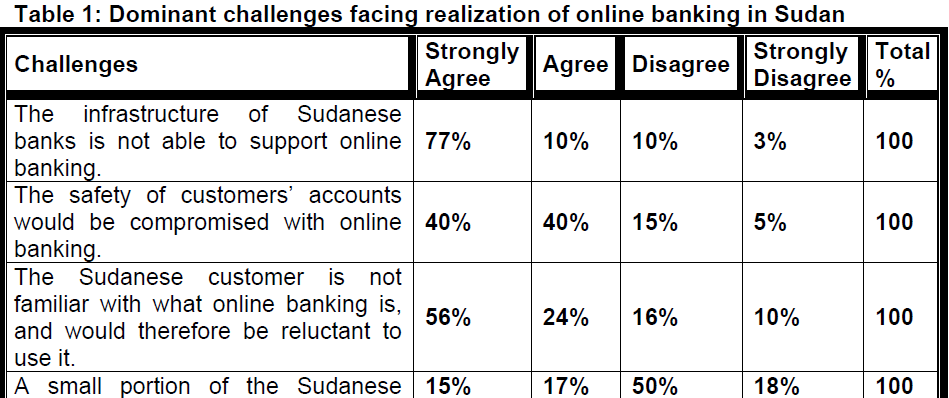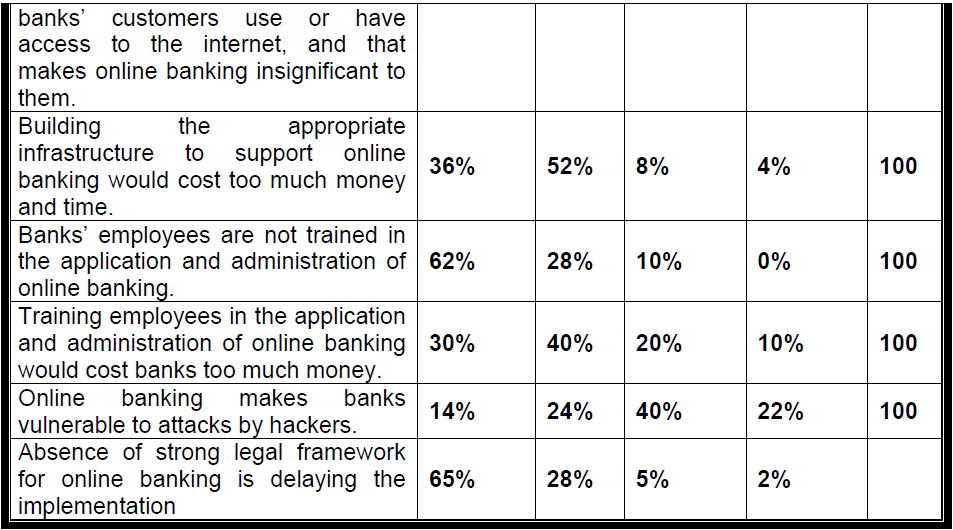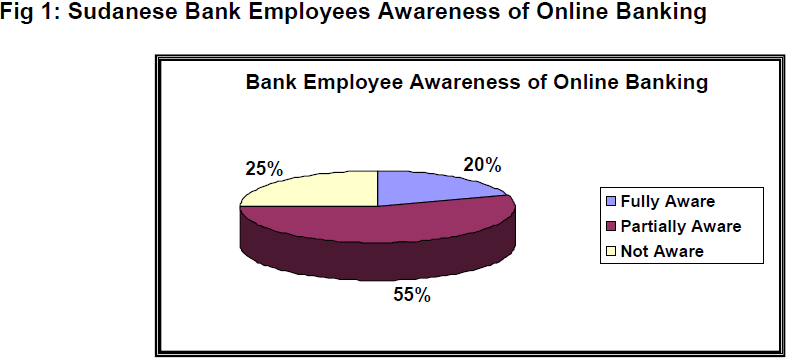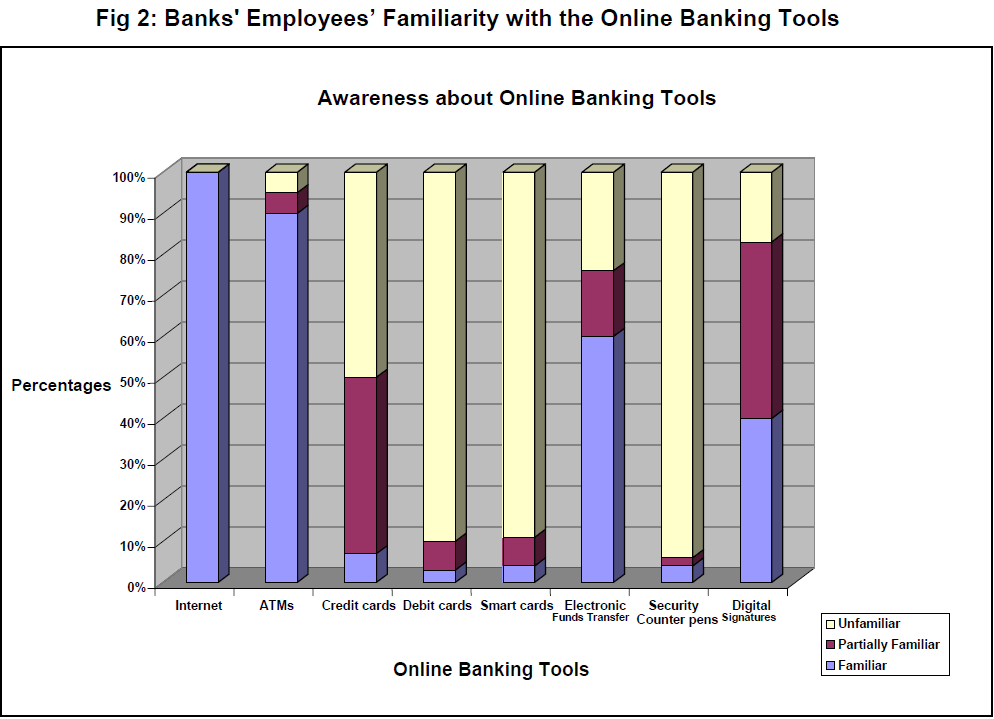ISSN: 1204-5357
ISSN: 1204-5357
| Nafis Alam, PhD Lecturer, School of Business, Monash University, Sunway Campus, Bandar Sunway, Selangor, Malaysia Postal Address: Monash University, Jalan lagoon Selatan, Bandar Sunway, 46150, Selangor, Malaysia Author's Personal Website: http://www.buseco.monash.edu.my/school-staff/Nafis Alam.html Email: nafis.alam@buseco.monash.edu.my |
| Nafis Alam is currently attached to the School of Business at Monash University Sunway campus, where he works as Lecturer (Islamic Finance). Nafis has co-authored“Encyclopedia of Islamic Finance” which is first of its kind. He has also two co-authored Islamic finance book to his credit. He has published extensively touching on major issues concerning Islamic finance particularly in leading Islamic journals. He has also presented and participated in leading Islamic banking conferences. Alam’s main interests are in the area of Islamic Banking, E- Banking, ICT and National Development. |
| Ibrahim Hussien Musa Magboul, MBA Lecturer, School of Management Studies, Ahfad University for Women, Omdurman, Sudan Postal Address: Ahfad University for Women, Omdurman, Sudan Email: ibrahimmagboul@gmail.com |
| Mr, Ibrahim is lecturer at Ahfad University for Women in Sudan. Currently he is pursuing his PhD from Multimedia University Malaysia. |
| Murali Raman, PhD Senior Lecturer and Chairman, Center for Knowledge and Innovation Management, Multimedia University Malaysia Postal Address: Persiaran Multimedia, 63000, Cyberjaya, Selangor Malaysia Email: murali.raman@mmu.edu.my |
| Dr. Raman is the Chair of the Center for Knowledge and Innovation Management, at Multimedia University Malaysia. Prof. His areas of interest are Knowledge Management, IT Infrastructure & Security Management and People Issues in Management of IT. |
Visit for more related articles at Journal of Internet Banking and Commerce
Innovations in Information technology have changed the way financial transactions are done in banking industry globally. Online banking uses today’s computer technology to give user the ability to manage their finances more quickly and efficiently, from anywhere around the world, and with just a click of the mouse. Banks perceive online banking as a powerful ‘value-added’ tool to attract and retain new customers while helping to eliminate costly paper handling and teller interactions. Online banking has managed to provide customers the convenience, efficiency, effectiveness, and most importantly, the speed needed in today’s dynamic world. As more banks around the world are offering online banking to its customers, it is becoming a rather popular trend. Online banking is an asset both to the bank and the customer. However, countries like Sudan are yet to join the frenzy of this new innovation in an effective manner. This paper will investigate what are the challenges faced by Sudanese banks in implementing online banking.
Keywords |
| Online Banking, Islamic Banking, Sudan |
INTRODUCTION |
| Sudan is one example of a country that has yet to incorporate online banking into its banking system. Online banking presents both an opportunity and a challenge in terms of being able to provide the convenience, efficiency, and effectiveness of online banking to its customers. The main driver behind online banking is convenience. It is available around the clock, is extremely time-saving, and is accessible from anywhere around the world. Online banking is very efficient, and has helped cut down a lot of costs, and in the case of virtual banks it has cut down almost all costs. |
| Banking on net save money by eliminating overhead costs such as buildings and tellers, and they pass on these savings to their customers in the form of higher yields, lower fees, and more generous account thresholds (DiDio, 1998, Orr, 1999). The online banking service has recently become very effective, offering sophisticated tools, including account aggregation, stock quotes, rate alerts, and portfolio managing programs to help their customers manage all their assets more effectively (Tan & Teo,2000, Thornton & White,2001, Wah, 1999) . |
| With all these opportunities that online banking has to offer the Sudanese banking system, there are a number of challenges that it would first have to overcome. Sudan’s banking system is not currently tailored to provide online banking. It lacks the appropriate technological infrastructure to support this service. There is also a lack of specialists with the adequate technological skills to build that infrastructure. It might also be a challenge to convince the Sudanese customer of the convenience of online banking, especially those who are not familiar with using the internet, and who might find it hard to try to deal with a service that they consider confusing and frustrating. |
| Incorporating online banking into Sudan’s banking system is faced with lot of stumbling blocks, but if the banking industry manages to overcome those hurdles, it will acquire a tool that will increase its number of satisfied clientele, while cutting down its costs significantly. |
SUDANESE BANKING SYSTEM |
| The traditional banking system was inherited from the Anglo-Egyptian condominium (1899-1955). When the National Bank of Egypt opened in Khartoum in 1901, it obtained a privileged position as banker to and for the government, a "semi-official" central bank. Other banks followed, but the National Bank of Egypt and Barclays Bank dominated and stabilized banking in Sudan until after World War II. Post-World War II prosperity created a demand for an increasing number of commercial banks. |
| Before Sudanese independence, there had been no restrictions on the movement of funds between Egypt and Sudan, and the value of the currency used in Sudan was tied to that of Egypt. This situation was unsatisfactory to an independent Sudan, which established the Sudan Currency Board to replace Egyptian and British money. It was not a central bank because it did not accept deposits, lend money, or provide commercial banks with cash and liquidity. In 1959, the Bank of Sudan was established to succeed the Sudan Currency Board and to take over the Sudanese assets of the National Bank of Egypt. In February 1960, the Bank of Sudan began acting as the central bank of Sudan, issuing currency, assisting the development of banks, providing loans, maintaining financial equilibrium, and advising the government. |
| Banks were nationalized in 1970 but in 1974, foreign banks were allowed to open branches in Sudan. Banks are required to maintain 20% of total deposits as a statutory reserve with the central bank. They must also direct to the agricultural sector 40% of the funds that they have for lending under the new credit ceilings. |
| Currently there are about 26 banks with total capital of over US$ 700 million (Bank of Sudan, 2007). With opening up of the Sudanese economy to the great extent in the last few years, new banks like Al Salam bank, from the United Arab Emirates (UAE), Babylos Africa Bank started to enter Sudanese market. These foreign banks are coming with huge capital, new technology, new ideas and new vision. |
SUDAN’S ENVIRONMENT: ATTITUDE TOWARDS ONLINE BANKING |
| Sudan’s environment faces many challenges in the application of online banking. Sudan is a country that is just emerging from decades of civil war that has left the country under developed and war torn. Its infrastructure requires a lot of investments into its rehabilitation before it is able to provide online banking in its banking environment. It lacks the necessary technologies to setup online banking websites, and to protect it from hackers from all around the world who are a lot more technologically advanced than the banks of this country. Its population has a large number of uneducated people who are not familiar with using the internet, or people who have no access to it. Bank’s employees are not trained in the administration of online banking, and not familiar with its benefits and drawbacks. The telecommunications infrastructure is very poor, and internet servers provide a slow internet connection, and a network that is frequently breaking down. Building the appropriate infrastructure in Sudan would require a lot of money that a lot of people think should go to more prevalent issues in a country that is just emerging from a war that has left it financially crippled. |
RESEARCH METHODOLOGY |
| Data were collected through a survey administered in 25 various Islamic banks in the state of Khartoum, Sudan during April- June 2008. Questionnaires were distributed among 100 different branches in an effort to understand the problem faced by Sudanese banking system in implementing online banking, and the implications that its application would have on Sudan’s banks and its customers. Out of these 100 branches only 45 branches were found to be fully computerized while rest 55 percent were using the mix on manual and computerized system. |
FINDINGS |
| The results indicated that none of the banks in Sudan provide online banking. The most common reason cited (90%) for this was Sudan’s poor infrastructure which does not support online banking implementation. They stated that although the entry of foreign banks into Sudan has brought significant technological advancements that has allowed the establishment of such technologies as ATMs and smart cards, it still requires some time until Sudan’s infrastructure is able to catch up with the technological revolutions. At the same time 95% of Sudanese banks believe that their bank’s performance would be enhanced with the usage of online banking. They stated that online banking allows faster service to its customers, while providing them with a service that is conveniently available at all times. |
| The following table discusses the bankers’ perceptions about the challenges faced by banks in implementing online banking in Sudan. |
 |
 |
| It can be seen from above result that lack of trained and skilled staff (90%) in areas of online banking application is hampering system wide accomplishment of online banking. While 70% of the banks strongly agreed that training those inexperienced employees would be costly matter which is further delaying this cause. |
| Even lack of customers’ familiarity with online banking (80%) tools is making bankers reluctant to implement online banking system. Security issues for online banking is not a major concerns for bankers as more than 60% bankers feels that online banking will be safe mode of operations. In contrary to this bankers are more concern about the absence of prudent legal framework to supervise online banking system in the country. More than 90% of respondents felt that legislative bodies, such as judges and lawyers do not have sufficient knowledge about virtual crime and are not aware about how to protect the banks and its customers from possible losses emerging from online banking. Dealing with computer crime has not been a priority for Sudanese legal system so far. |
 |
| In terms of bankers’ awareness towards online banking system, the result showed that only 20% of the employees are fully aware about online banking system while 55% of banks’ employees are partially aware. Their partial awareness is mostly from web advertisements, using internet tools, or from reading about it. One fourth of bank personnel are completely unaware of online banking system. |
| The following section discusses the banks’ employees’ familiarity with online banking tools. It can be seen from the graph 1 that these employees are most familiar with the internet (100%), ATMs (90%), and Electronic fund transfer (60%) tools. Most of the personnel are unaware about banks cards. 90% and 89% of the employees are unfamiliar with debit cards and smart cards respectively. One striking observation was that almost all the bank employees were unheard about security counter pens. |
 |
| When enquired about advantages banks will be able to obtain from full implementation, all the bankers agreed that online banking system will offer convenience, efficiency, and effectiveness in banking operations. At the same time they also established the fact that online banking will be speedier than branch banking. These results are shown below in table 2. |
 |
DISCUSSION |
| The above findings showed that Sudanese banks perceive that lack of efficient infrastructure of is one of the major hindering blocks for the implementation of online banking in Sudan. Many bankers believed that the entry of foreign banks into Sudan has improved the infrastructure to some extent, but it is still not at a level where it can support online banking. The challenges most dominant in the application of online banking in Sudan were building the appropriate infrastructure, the Sudanese customers’ perception of online banking, and the lack of skilled bank employees that are trained in the application and administration of online banking. |
| Investments by CBS and individual banks made towards the restructure of the Sudanese banks’ infrastructure would facilitate its application and use. The purchase of security tools by banks would guarantee online banking safety use by customers, and would convince more customers to take the leap into the use of online banking, making use of the convenience, efficiency, effectiveness, and other advantages that online banking has to offer its users. |
| Bank employees should be trained in line with online banking operations, and more IT specialists with adequate skills should be hired to ensure the smooth merging of online banking into Sudan’s banking system. There is a need to increase, develop, and enhance periodic awareness and training programs for employees in areas of security laws and policies. Online banking sites when implemented should be tailored in simple manner and easy to use. These sites could be offered in both the Arabic and English language to enable users with the least amount of computer skills to use online banking with ease. |
| More promotion of this service should be carried out to attracts customer towards online banking, and to make them familiar with online banking tools in order to eliminate any reservations that Sudanese customers might have in banking online. A public awareness campaign aimed at all levels of the Sudanese society should be initiated by banks to increase the level of knowledge of utilizing online banking services, especially the security and safety aspects of these services. |
| A significant investment in the information technology infrastructure by the government is recommended. The government should also lay down strict legislative frameworks that enable online banking to be established in a safe environment that is safeguarded against all unauthorized access. In order to manage the structural integrity of the system as a whole, the Sudanese government should have a centralized database to allow financial institutions to report any kinds of security breaches and a dedicated enforcement staff to research and fix problems as they occur. This staff should also interact cooperatively with other nations and Interpol to discover and reduce financial crime. |
CONCLUSION |
| Online Banking is still a latest phenomenon, especially in least developed African countries like Sudan. A number of banks in Sudan are considering going on-line. However, the wider diffusion of online banking and its business value depends on government and banks’ initiative towards the proper implementation of system on larger scale. The application of online banking in Sudan seems to be a reality that is currently out of reach in an environment that is not yet equipped with the necessary tools to incorporate online banking into its banks. CBS has to really work hard to envisage this dream into reality. |
References |
|
Copyright © 2025 Research and Reviews, All Rights Reserved